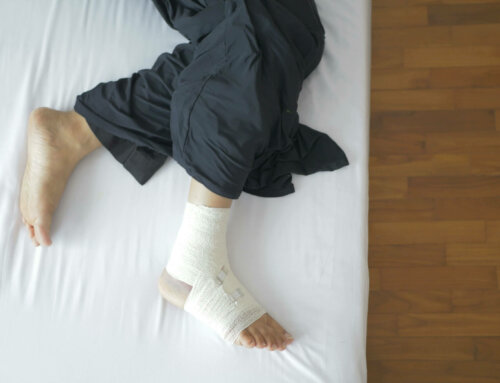Out of three siblings, my brother and I share type 1 diabetes. It is a bond we never asked for, but I considered us blessed to have it together. While I consider my diabetes to be a part of my identity, I do not wish it to belong to anyone else. I see the great potential for health, along with the great despair of losing control. But I have been blessed, and also maligned. My greatest source of inspiration and courage to “make it” with my diabetes is also my deepest source of grief. This is a story of my little buddy, who never let life get him down, and taught me more about my health than any professional.
My little buddy was an often misunderstood whale of a cat named Chip, who came into my life when he was just a kitten. At one time he was a robust seventeen pounds of muscle and full of life. Then he withered to a sickly eight pounds and would not eat. I still remember the text message “Chip has diabetes.” There I stood in a beach-side hotel in Atlantic City, chatting my sister about how the only non-diabetic child had the diabetic cat. ‘Oh, the irony,’ I thought. What I didn’t realize then was caring for a human diabetic was far easier than a feline. I didn’t realize how helpless we were, until it was too late. Chip had several months of marked improvement; he always took his insulin without a problem and even gained two pounds back. We felt comfortable, almost confident we could handle anything Chip needed. We couldn’t.
Chip was blind-sided with a kidney infection while in my care in October 2008. While my sister was on vacation, Chip stayed with my family. We didn’t notice his diminished appetite or his oncoming illness, so he received his insulin in full and on-time. I woke up Sunday morning to my panicked husband saying, “Chip is seizing.” He had several hypoglycemic seizures over the next 24 hours, despite my efforts to force-feed him and an overnight stay at a local pet ER. Once he recovered from the kidney infection, we faced the reality that our Chip was gone. He lost major neurological function, leaving him unable to walk at times and unable to navigate through a room. Much worse was that he lost his zest for life and his personality. He was no longer sweet and charming; he was a sad, drooling, urinating mess of a cat. Within a month, he started showing signs of dementia and he no longer knew us. It broke my heart to see him so angry when he had always been so loving and soothing to me. My sister and I agreed on the time to let him go, and despite the pain, we did so without regret.
So, why tell a story about a sick cat? Without diabetes, I would still have my little buddy in my arms, not in my back yard. I would be able to hold him with his paws wrapped around my neck. Instead, I cry each time my daughter hugs my neck, because it reminds me that Chip is no longer here. I can’t hold him, kiss his nose or vacuum him like he enjoyed. He suffered, truly suffered from diabetes. Chip taught me to never make excuses, to care for myself because I am not helpless like he was. My little buddy taught me how to live and thrive. I don’t hate my diabetes; I hate that I had to share it with Chip.
By Kelly P., Delaware






Leave A Comment